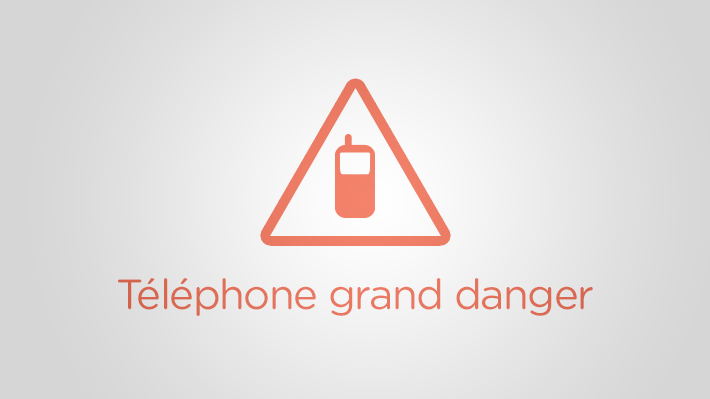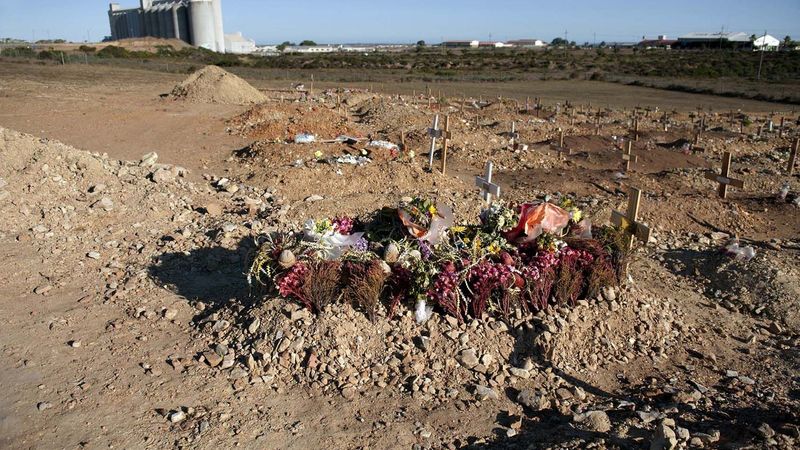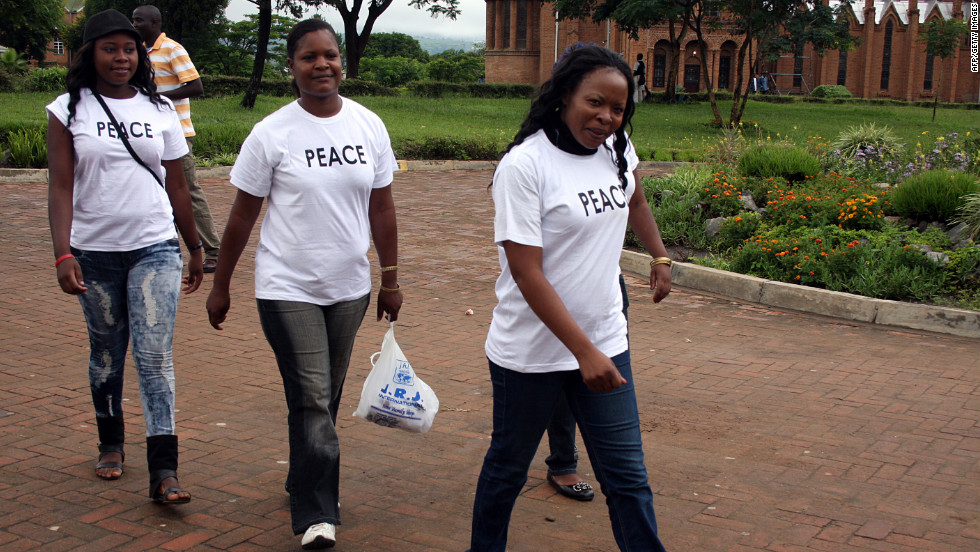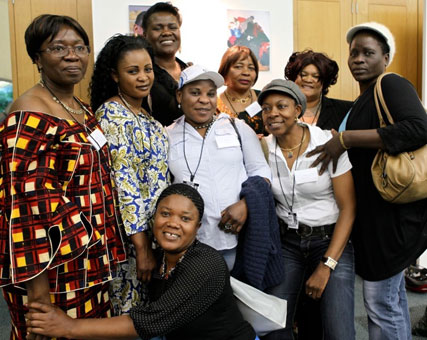
Recently, former President of George Washington University, Stephen Joel Trachtenberg suggested that violence against women on university campuses in the United States could be reduced if only women were trained not to drink in excess. He added that we need to educate “our daughters and our children” who drink too much.
At least, with these recommendations, women will remain sober while being subjected to violence? This type of comment is too often accepted in public spaces, such as NPR where it was expressed. As long as discriminatory comments and acts are still presented as primitive solutions, violence against women will persist.
Women need easy access to real help in times of crisis. Women also need society as a whole to stop discriminating against them, making us ever more susceptible to acts of violence.
In France, a recent bill, For a Real Equality Between Women and Men, takes on violence against women in its multifaceted approach to create conditions for more equality. The bill offers other methods to address this issue. Some are for immediate relief for women. Others offer a long-term approach to make violence against women clearly and unequivocally unacceptable.
The distribution of the free personal cell telephone “grand danger” (emergency phone) to women who are at risk of domestic violence is inscribed in the new law. This measure has been initiated by Najat Vallaud-Belkacem, who presented the bill to Parliament in coordination with Christiane Taubira (Minister of Justice) and Bernard Cazeneuve (Minister of the Interior in charge of police).
The cell phone is connected to a call center where trained people may activate a police intervention, which should be effective within ten minutes, according to Najat Vallaud-Belkacem. A woman who feels threatened presses three times on the bottom of the phone to be connected to the call center. Other numbers are pre-registered in the phone to give access to associations that provide psychological support to women who may just need to talk.
The phone is given for six months, renewable, to women whose former companions have been issued a no contact order by the court. With the phone comes psychological support to reduce the feeling of isolation that domestic threat produces.
This system is already widely used in Spain.
After four years of trial in various areas in France, the phone “grand danger”, according to Christiane Taubira, has been a clear success. It has saved lives and has helped women to break the cycle of violence and isolation. In fact, the phone seems to give women a sense of security. According to the Public Prosecutor of the Republic of Paris, the great majority of women call just to make sure that the phone is working; only 10% of the calls are for actual emergencies.
This method is now part of a national plan of action to reduce violence against women and will be accessible to women in the entire French territories including the DOM TOM (French overseas departments and territories). However, as Christiane Tuabira made clear, it is not a gadget. It is there to stop the cycle of sexual and domestic violence and provide preventative and timely assistance to women who are the victims of such violence. This device is part of a larger set of actions. The goal, said Christiane Taubira and Najat Vallaud-Belkacem, is to reduce the level of acceptability of violence against women in society in order have fewer “grand danger” phones.
Let’s extend this goal to the United States and stand up against comments, such as those of Stephen Joel Trachenberg, that show the pervasiveness in ordinary language of discrimination against women, making us more vulnerable to violence. There’s a petition that offers one of the numerous actions to change the level of discussion. You can find it, and sign it, here.
Please sign and share the petition. Every effort counts!
(Image Credit: Najat Vallaud-Belkacem)







